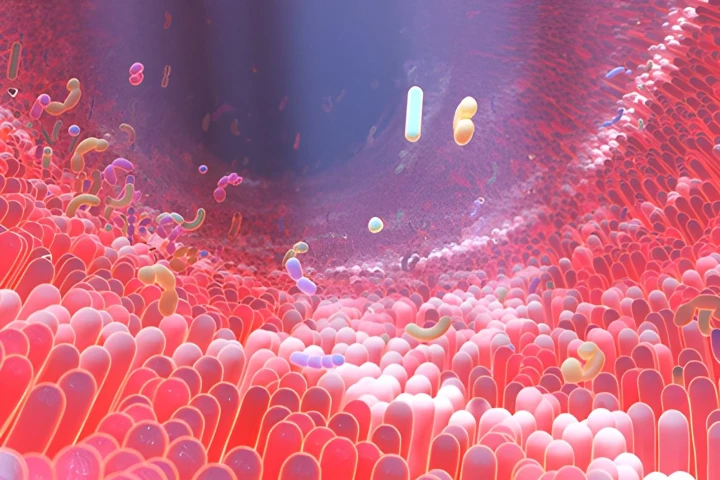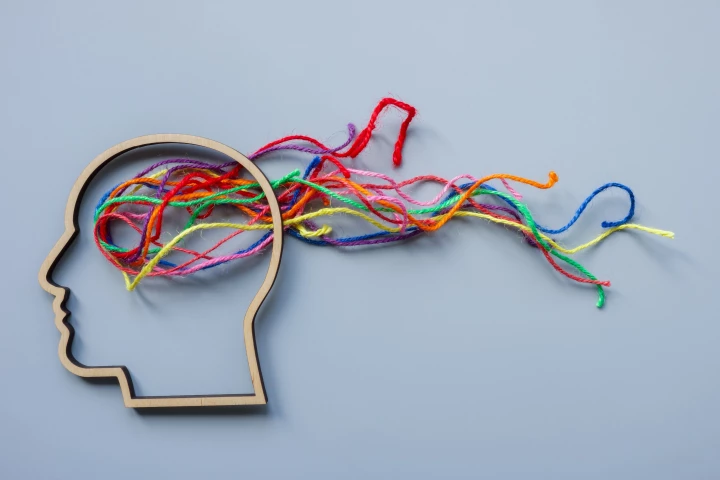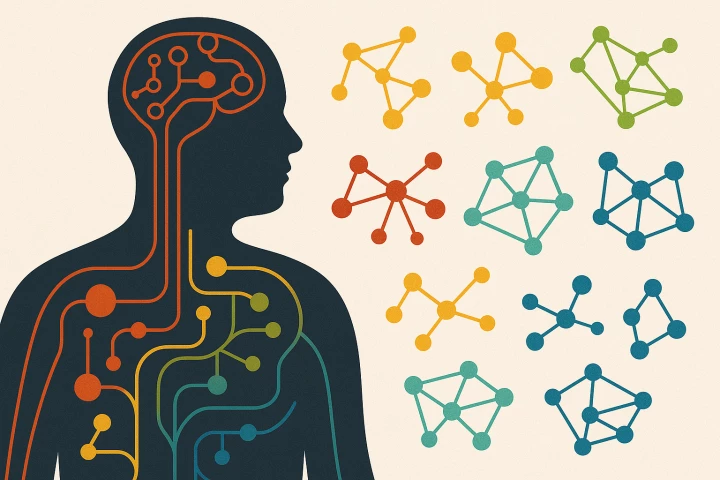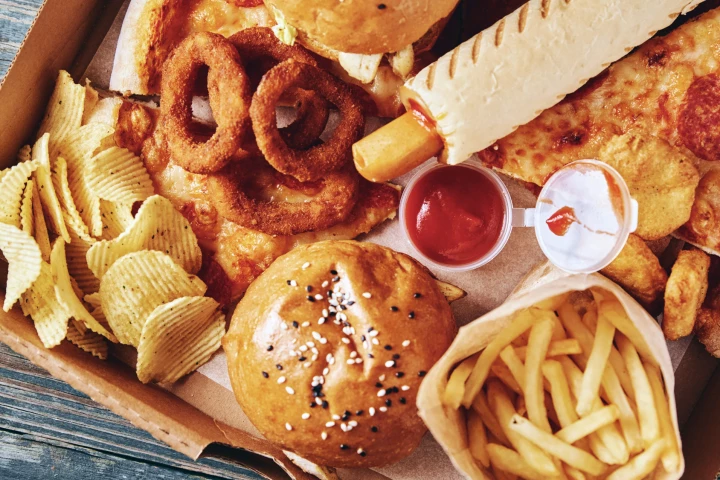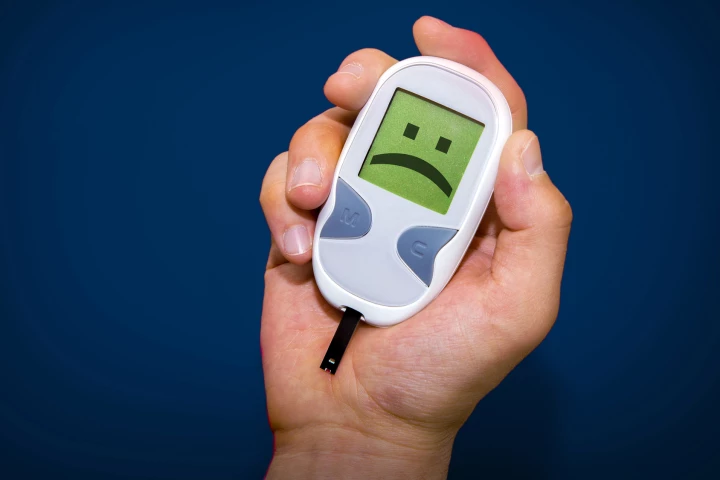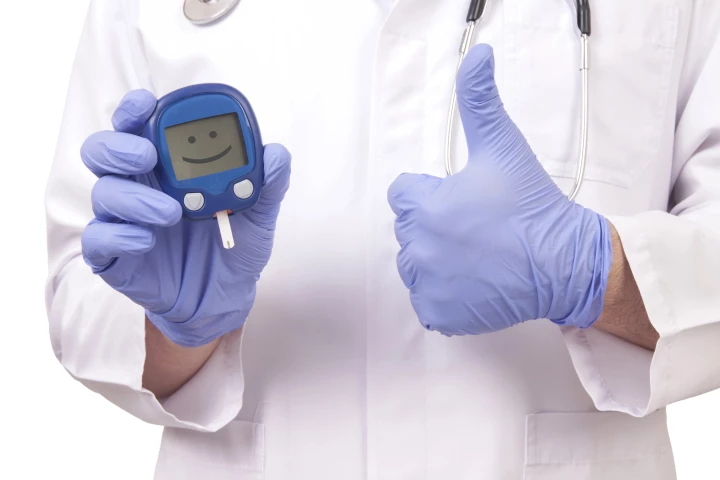Insulin
-
New research shows that people with obesity host a distinct oral microbiome. The study turns our attention to the mouth as a signal of metabolic health in a shift that challenges long-held assumptions about where obesity-related biomarkers can be measured.
-
Adding to the growing body of research that proves our microbiome is a powerful ally in fighting disease, scientists have found that an easy-to-get nutrient in our food causes our guts to produce powerful insulin-regulating compounds.
-
Compounds in green tea can reprogram muscle metabolism to boost insulin sensitivity and glucose tolerance, according to new findings that further our understanding of why this ancient drink has long been linked to protect against obesity.
-
In a massive study of more than nine million pregnancies, a strong link has been found between gestational diabetes and children born with neurodevelopmental conditions – it translates to a 36% increased risk of ADHD and a 56% higher risk of autism.
-
Borrowing a cancer cell’s disguise, scientists shielded insulin-producing cells from attack by the immune system, a breakthrough that could pave the way for targeted type 1 diabetes treatments without whole-body immunosuppression.
-
For decades now, obesity has been defined by a number on a scale or where you land on the body mass index measure. But a groundbreaking study has found that it’s far more complex, finding 11 distinct biological types, each with their own health risks.
-
Eating a Western diet permanently affects insulin production and blood sugar control even after the diet is changed and weight is lost. The new research suggests that early intervention is needed to prevent permanent damage from diet-related obesity.
-
A small daily dose of kombucha made from black tea has been shown to meaningfully reshape the gut microbiome in adults – particularly those with obesity – without any dietary changes. It also reveals a lot about the importance of micro-biodiversity.
-
There's a growing body of evidence that gold nanoparticles can trigger significant weight loss that targets fat, without affecting muscles, plus heal organs and improve blood-glucose levels. A new study makes a strong case for the first-ever human trial.
-
An insulin that switches itself on and off in response to blood glucose levels has proven successful in lowering the risk of dangerously low glucose levels, or hypos, in animals. The drug holds great promise for the tens of millions of diabetics worldwide.
-
86% of type 2 diabetics treated with a new procedure no longer needed insulin throughout the two-year-long study they participated in. That procedure could be a real game changer for nearly half a billion people living with the condition worldwide.
-
A patient with type 1 diabetes has been functionally cured of the disease, requiring no insulin doses for over a year. The treatment involves growing and transplanting new insulin-producing cells from the patient’s own stem cells.
Load More

